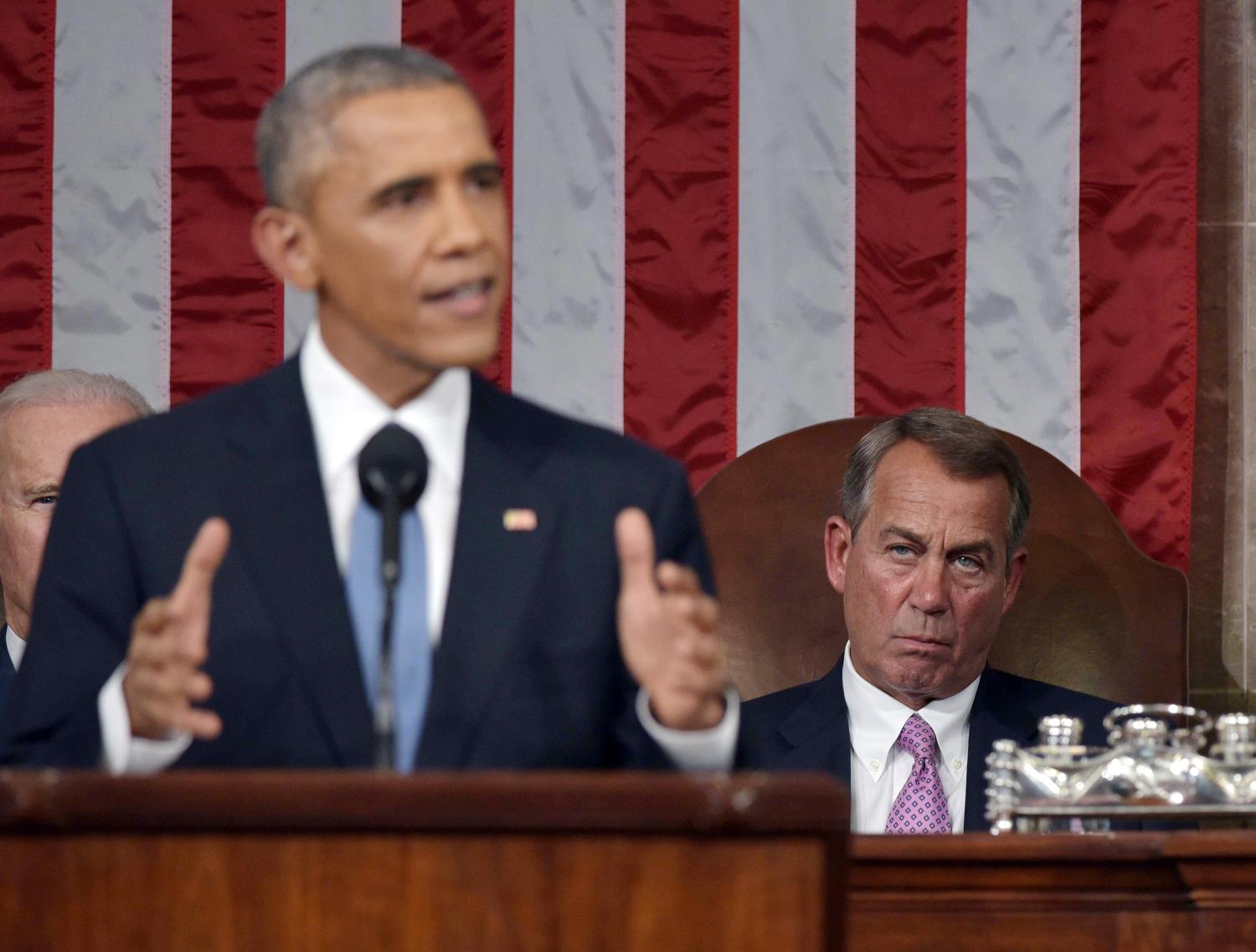When Thomas Mann and Norm Ornstein explored how extremism has threatened the American constitutional system in their book, “It’s Even Worse Than It Looks,” they pointed their fingers at the Republican Party. But in a new paper, Robert M. Entman argues that the real reason Republicans have been successful in moving the political conversation so far from the ideological center is the lack of a suitable partisan opponent. Entman, then, points his finger at the Democrats, noting “If a party can’t brand itself and construct a consistent, coherent story, it can’t compete effectively.”
Although Democrats still hold their own in presidential elections, Republicans hold more House seats and state governorships than since the 1920s. And according to Entman, party competition ultimately means frame competition—a matter of political communication. Aided by a sophisticated infrastructure of partisan think tanks and ideological soul mates at Fox News and talk radio, the GOP succeed exceptionally at explaining policy problems, mobilizing public outrage, and legitimizing their policy solutions. Entman argues that because Democrats lack the structural advantages of Republicans, the country has had to make do with a one-and-a-half party system; a reality in which Democrats have had to cede ground on a number of issues—like climate change and gun control—despite their policies enjoying majority support.
In a content analysis of six years of transcripts from Sunday morning talk shows, Entman reveals several shortcomings in Democrats’ communication habits that perpetuate the GOP’s edge:
- Republicans dominate the political agenda, often maneuvering their issues onto the agenda of Democrats.
- Democrats undermine their brand while Republicans promote their own, with the GOP displaying more tenacity and less passivity when debating Democrats.
- The GOP uses the phrase “the American people” to legitimize their views, framing themselves as faithful representatives of public opinion—even though Democratic policies typically enjoy wider support.



